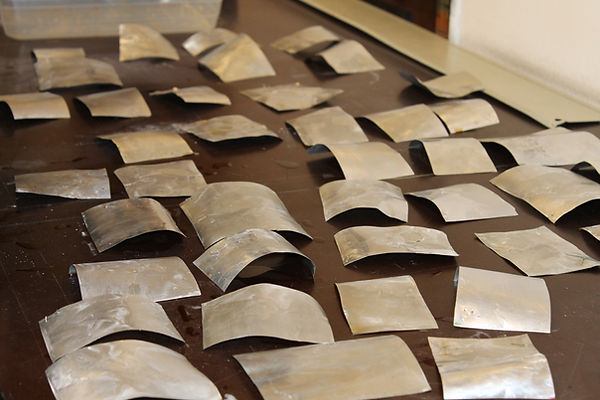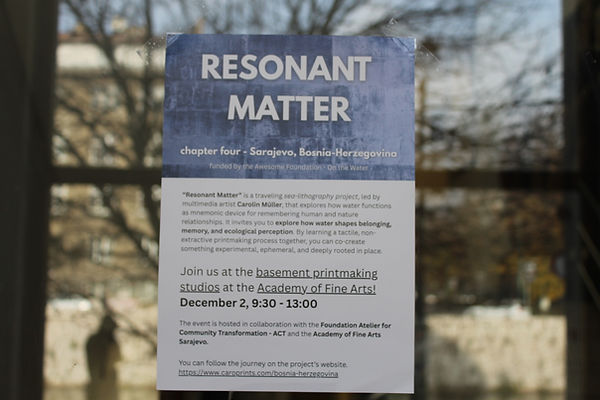In Bosnia-Herzegovina, Sarajevo is shaped by the Miljacka River that is flowing through the valley and crossed by many bridges. The Latin Bridge is infamous as the site of Archduke Franz Ferdinand’s assassination, an event that reverberated into global history. During the 1990s siege, the Miljacka became a deadly line of exposure. To cross a bridge meant risking one’s life under sniper fire. Water here is thus never neutral. It is a stage of memory, division, and survival. Today, the Miljacka is often seen as modest, even though it is heavily polluted. It continues to symbolize the ambivalence of water in the city, which is at once connector and barrier.
Beyond Sarajevo, the Bosna River, which gives the country its name, emerges from the springs at Ilidža, reminding us that Bosnia is literally a land “of water.” Across Bosnia-Herzegovina, rivers like the Neretva, Vrbas, Una, and Drina are more than landscapes. They are sites of community struggle and ecological care. NGOs such as ACT - Fondacija Atelje za društvene promjene support local activists who defend these rivers against the spread of small hydropower plants. For many villages, a river is not an abstraction but the source of drinking water, fish, irrigation, and ritual bathing. When it is dammed or diverted, it is not just an environmental loss but a rupture in the continuity of community life. For example, the Neretva, characterized by its emerald-green color and fast-flowing current, is a lifeline for the town of Mostar, which is spanned by the historic Stari Most bridge. The bridge was itself destroyed in war and rebuilt as a UNESCO symbol of reconciliation. The Drina, on the other hand, is a long a border river. It is tied to displacement and violence, but also to poetry and memory in Ivo Andrić’s "Bridge on the Drina". Each river here carries multiple resonances ranging from ecological fragility, cultural symbolism, histories of division, and hopes for renewal.
These stories invite exploration about how water can hold memory without freezing it into trauma, and whether rivers can be resonant sites for rethinking shared belonging, beyond divisions that are written into their bridges and banks?
In Sarajevo, these explorations took place via two workshops. One was held in collaboration with the Foundation Atelier for Community Transformation - ACT and the Academy of Fine Arts Sarajevo (Obala Maka Dizdara 3). Another took place together with Jesuit Refugee Service Bosnia and Herzegovina.


























photo credit: Philipp Riedel


